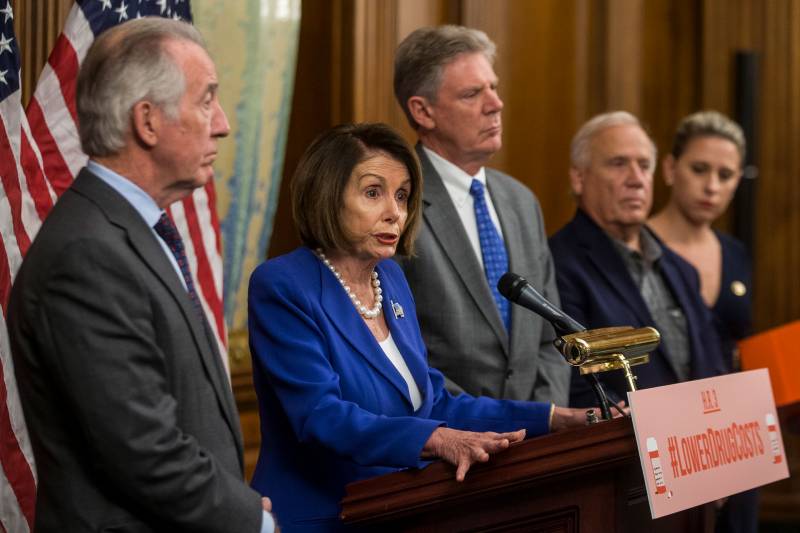Even as the House Judiciary Committee was debating changes to the two articles of impeachment the full House could soon vote on, Democrats from swing districts want their constituents to think about something else: prescription drugs.
Minutes after the House passed a bill by Speaker Nancy Pelosi along party lines aimed at reducing prescription drug costs for Medicare recipients — a bill probably destined to die in the Republican-controlled Senate — the Democratic Congressional Campaign Committee (DCCC) unveiled digital ads they intend to run in districts they flipped from red to blue in the 2018 election.
Among the six freshmen Democrats in California whose districts will be flooded with ads on platforms like Facebook and Instagram are Josh Harder (D-Modesto) and TJ Cox (D-Fresno), who is perhaps the most vulnerable Democrat in the California congressional delegation.
The DCCC says the ads will be produced in both English and Spanish and will target "persuadable voters."
There's no secret what the strategy is: Democrats want constituents to know they can "walk and chew gum at the same time," even as President Trump is tweeting about "do nothing Democrats."

